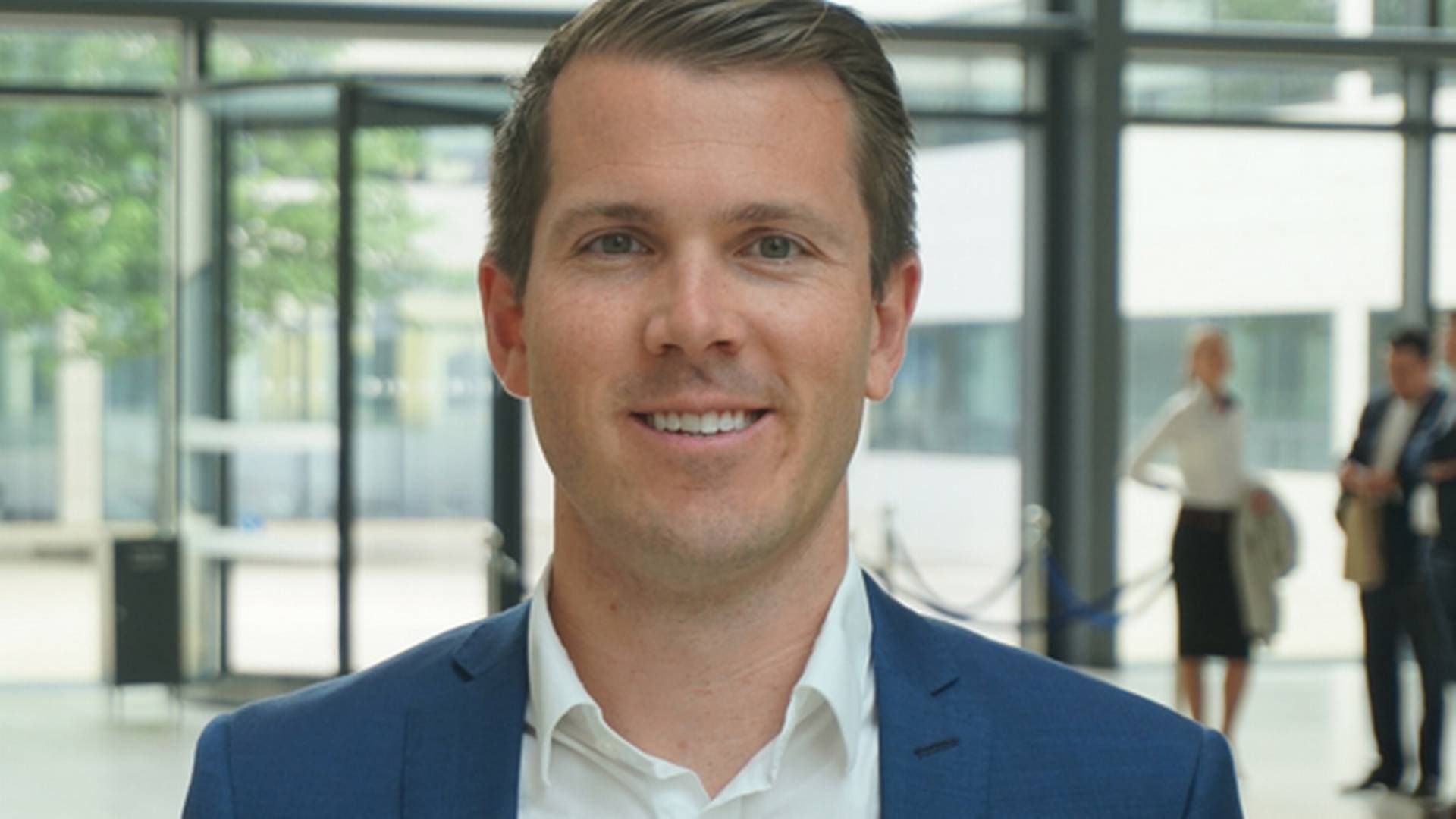Nordea manager credits mentor for leadership steer

Brandon Mayo is celebrating his 34th birthday on the day AMWatch catches him for a chat about the graduate program he completed back 2010. He has already climbed to the position of Head of Wealth Advice and Development at ISAC (Investment Solutions and Advisory Centre)– a steep career ascent he puts down in part to the graduate program where he met his mentor.
What were your expectations towards the graduate program?
When I started the graduate program back in 2008, Nordea was still in the process of developing the procedure. Back then, the specialists in particular were offered to participate in the graduate programs, so for me there was a clear expectation that this was an opening to a specialist position from where I could get inside and build up knowledge of part of the value chain. The graduate program promised, and delivered, improvement in both professional, private, and social contexts.
That sounds like a very broad program?
Yes, it wasn't as streamlined as other programs, which focus strictly on marketing or sales, for example. We gained insight into the whole business, and at the same time there was some focus on networking, social competences, and personal development. There was also a mentor system that allowed us to interview some higher ranking employees and find a match to subsequently spar with and keep in touch.
What did you gain from the mentor system?
It was very good for me. I’m still in touch with my mentor at the time, as we both work in the same field of business, so we still have professional contact. It was very good to have someone who could nudge me forward with questions and help me reflect on what I wanted. My mentor made me really consider my options and look at other positions, and I ended up switching jobs based on the conversations I had with my mentor. He opened my eyes to the truth that I should pursue a career in management rather than diving deeper into specialization. I also quite quickly realized that I got more energy out of working with people as opposed to doing heavy analysis work in front of a screen. So you could say that the mentor system cleared the way for where I am today.
You are now a mentor yourself. What do you gain from being a mentor?
I find it very interesting to help people in many different parts of the bank. I like witnessing the development they go through, and that is among the reasons why I enjoy working in management – it's a long process. Sometimes you forget that you were a graduate yourself 10 years ago. But the world has changed, and the graduates who join the program today have different expectations for their career and development than what I had. In a managing role, it's also a way to keep my ear to the ground.
What was the most useful part of the graduate program to you?
There are three tangible things that I still carry with me and think about now almost 10 years later. One thing I constantly keep in mind is how I can contribute, and what gives me energy. That’s something I try to pass on to my younger coworkers. The other tangible thing is that I am very aware of the balance between my professional life and private life. The program taught me a 360 degree approach to life, factoring in everything from healthy habits to personal branding. The third tangible thing is the network that I built during the graduate program and later. There are many people I worked closely with and have later been able to call on, getting me job positions or getting me employees. It really has a lot of benefits.
What was the biggest challenge during the program?
That’s difficult to answer, because I don’t think the program had any challenges per se. But now, 10 years down the line, I do look back and I can see that management had certain expectations from us, things like achievements and ridiculously fast learning abilities, and thus getting more assignments or more complex tasks. And if you can do that, it's fine, but if you can't, it's a big challenge. For me, personally, it fit perfectly – I never reached a point where I felt like my own expectations were not being met or I didn’t get to do what I wanted.
Brandon Mayo is not the only living example of nordea's graduate program being very career enhancing.For example, two of his former asset management colleagues, also young people who have gone through the same program, currently hold high positions at Nordea group: Mads Skovlund is bankdirektør for privatkunder, and Åsa Carlevi is in nordea in Luxembourg as COO and deputy CEO of Private Banking International.
Mayos educational background from Nordea:
- 2006: Began at Nordea as a student assistant while studing for his master's program at CBS
- 2008-2010: Began Nordea's graduate program and afterwards completed a program focusing on wealth management
- 2016: Completed an internal executive development program called Young Significant Talents
About Nordea's graduate program:
- The program has been active since 2001, and more than 1000 graduates have been through it.
- All business fields have graduates, and the program addresses both future managers and specialists.
- The program is two years long, the first year as a group track and the other as a functional/business track. Nordea is currently in the process of further developing the second years. According to Nordea's press team, the program supports the "transition from life as a student to that of a young professional".
English Edit: Marie Honoré













